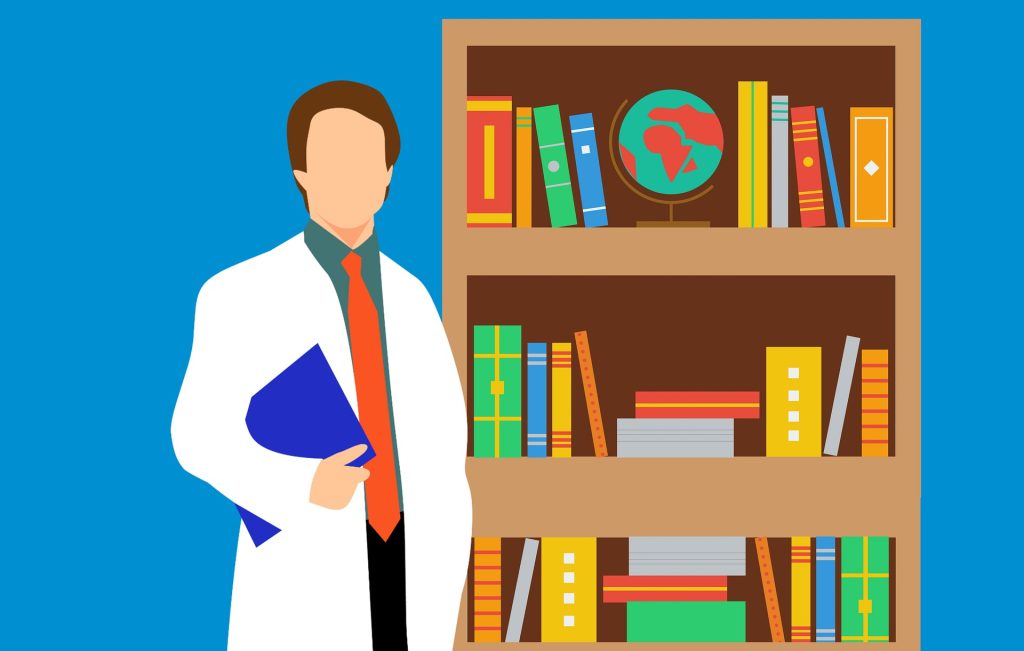
Americans’ trust in higher education is wavering. Back in 2018, a Pew Research Center survey found that about 61 percent of Americans think that the higher education system is going in the wrong direction. And a Gallup poll from the same year revealed that only 48 percent of Americans have a “great deal” or “quite a lot” of confidence in higher education.
Now, there is some data on how Americans view college professors— those who have a central role in higher education.
In July, the American Academy of Arts and Sciences conducted a poll of 1,253 adults (using a representative sample of the US population) to see how much they valued the arts, as well as several other professions. The profession of “college professors” was included on the list. Respondents were asked to answer how much each profession “contribute[s] to the general good of society.” Of those surveyed, 40 percent said that college professors contribute “a lot” to the good of society, while 38 percent said they contribute “some.” Taken together, 78 percent believe professors have at least some positive influence on society.
In comparison, 93 percent of respondents stated that they think doctors contribute “a lot” or “some” to the public good. Ninety percent think that teachers contribute at least some to the public good, and only 58 percent thought so about elected officials. Interestingly, retail workers scored slightly better than college professors, with 79 percent stating that retail workers contribute at least some to the good of society.
This isn’t the only survey that reveals Americans’ views of college professors. The Survey Center on American Life conducted a survey in late 2019 and found that 57 percent of “the overall public express a great deal or some confidence in college or university professors.” Commenting on the survey, Samuel Abrams, a senior fellow at the American Enterprise Institute, notes:
However, when broken down by ideology the picture looks appreciably different. Only 38% of Republicans and leaners and just 41% of independents and undecideds have confidence in faculty to do the right thing. In contrast, almost three-quarters of Democrats (74%) have confidence in our nation’s faculty. There are minimal differences in terms of household income; career lines of respondents also only marginally impact these figures.
Shannon Watkins is associate editor at the James G. Martin Center for Academic Renewal
